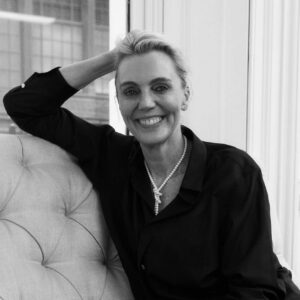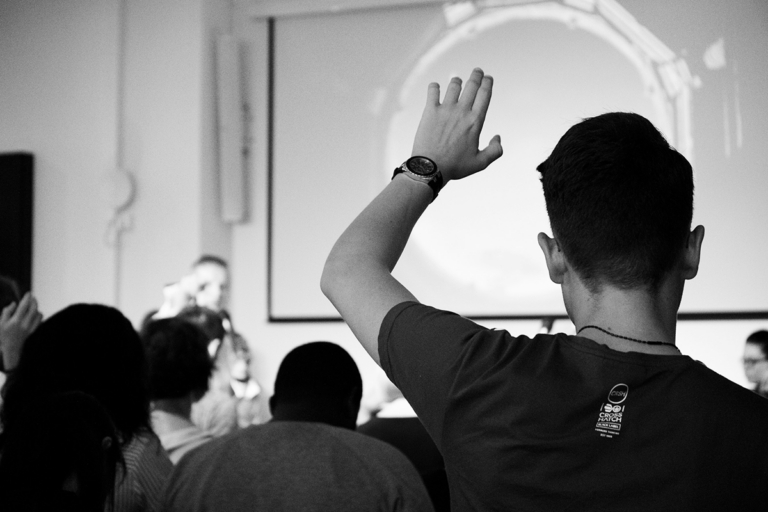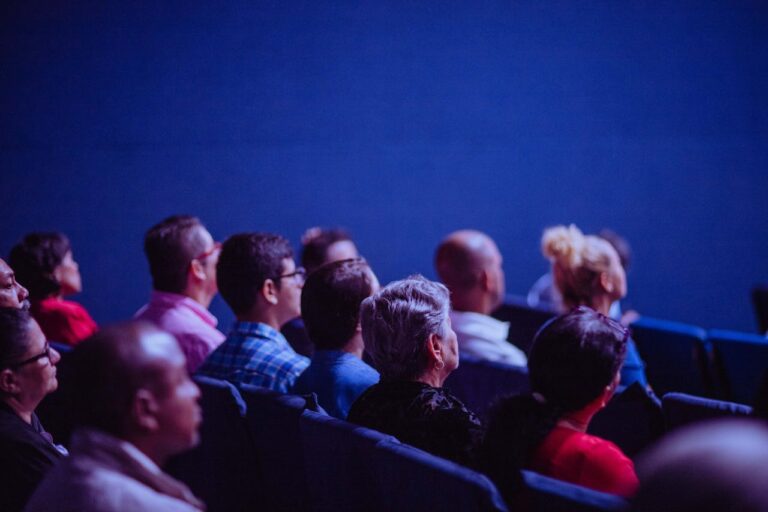
Digital platforms have transformed our lives, but there’s an uncomfortable truth we need to confront: in addition to the abuse, isolation and division these platforms fuel, the current economic model of social technology isn’t just flawed—it’s accelerated global inequality and has failed to uplift the communities it was once designed to connect. This was a driving reason why 10 years ago, I set out to build WeAre8, a social home that not only inspires and connects people in healthier ways, free from algorithms and harmful content, but is also designed to address deep-rooted issues of economic disparity.
My “catalyst moment” came in 2018 when I was living in New York. I knew the cost-of-living issue was significant, but a report from the Federal Reserve revealed that 37% of Americans couldn’t cover a $400 emergency expense. This report came just after Facebook announced an annual revenue of $55.8 billion—money poured in by advertisers and generated from people spending time on their platforms and feeding their algorithms with content. It was a wake-up call, illustrating not only the enormity of the problem but also the profound disconnect between those profiting from technology and the people struggling to make ends meet in the world’s wealthiest nation.
Instead of being an engine of opportunity, what we were seeing was how social media and big tech had transformed billions of us into the largest unpaid workforce in history, with every post of content and every swipe of the screen lining the pockets of big tech.
Adding to this troubling reality was the fact that countless charities and non-profits on the front lines of change had begun spending hundreds of millions of dollars to boost content and reach their own communities, all because algorithms made organic communication nearly impossible. At a time when one in nine people globally faced food insecurity, it was staggering—and frankly unacceptable—that charitable outreach was so often (and still is) gated behind paid algorithms. This system not only hinders essential support but is a failure to prioritise human needs over profit.
How could a country I loved and had admired for so long stand by and let people struggle while big tech was, and still is, making unprecedented profits? There had to be a better way, one that put people at the heart of the economic equation. And so, WeAre8 was born.
We built a social ecosystem and technology to change the way advertising impacts people. Our unique economic model channels advertiser dollars on WeAre8 back into charities, communities, creators, and even directly into people’s pockets. Here’s how it works:
We created content feeds that are entirely ad-free. Instead of pushing ads, we give people the choice to watch them. When they do, they receive a micropayment, and charities like Feeding America and Oxfam also benefit from each view. These payments go into a digital wallet on WeAre8, where funds can be donated to causes worldwide. Simple as that.
On top of this, we’ve created a content experience powered by 8i, our own AI engine designed to prioritise people. It intuitively protects users from toxic content and the control of algorithms. Our model aims to transform the billions of hours spent online each day into a force that unites humanity, bridges divides, and uplifts individuals, rather than widening the gaps that currently separate us.
And the potential impact is massive: with just 1% of the human population, 80 million people embracing this new social home, and watching 2 minutes of ads a day,over $960 million dollars each month would flow back into the pockets of the community. This isn’t just a shift in technology; it’s a shift in power back to the people, in impact, and in the creation of a more equitable digital future – where uniting to solve a problem like world hunger is at our fingertips.
So to me, the question isn’t just whether tech can mobilize and empower people to address global issues like hunger, because it absolutely can. The real question is whether we, as a society, are ready to recognize our own value and reclaim our voices, individually and collectively, so that we can build a world where everyone—not just an elite few—has the opportunity to thrive. We have made it entertaining, fun and easy – now is the time for each of us to step up and choose to escape the prison of big tech control. This is the true test of our collective will and our vision for a more caring, equitable, and liberated future.
Join me on WeAre8 – where we reclaim our liberty.




